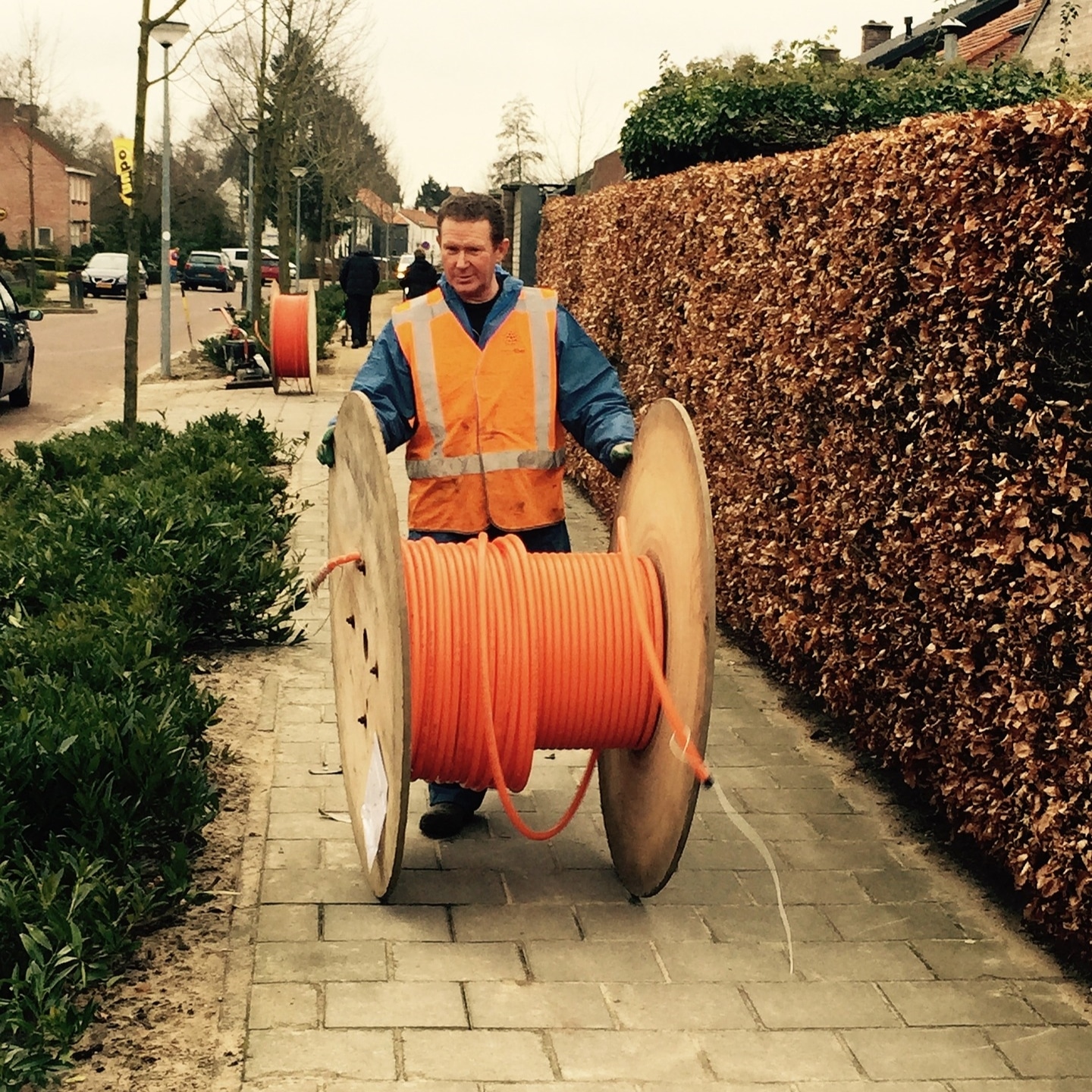 The U.S. Department of Agriculture (USDA) will fund another $86 million for rural broadband expansion, which will service 17,000 consumers and businesses in eight different states, the agency announced today. The funding will come in the form of low-interest loans through the Rural Telecommunications Infrastructure Loan program.
The U.S. Department of Agriculture (USDA) will fund another $86 million for rural broadband expansion, which will service 17,000 consumers and businesses in eight different states, the agency announced today. The funding will come in the form of low-interest loans through the Rural Telecommunications Infrastructure Loan program.
In its most recent award, USDA is providing loans to six telecommunications providers to build, expand and improve broadband services in Alabama, Arkansas, Iowa, Illinois, Indiana, Tennessee, Texas and Wisconsin.
In a press release, USDA highlighted three of the broadband loans:
- The Ardmore Telephone Company Inc. is receiving a $20 million loan to install 435 miles of fiber-to-the-premises (FTTP) in Ardmore, New Market and Elkmont, Ala.; and in Minor Hill and McBurg in Tennessee.
- The Pulaski-White Rural Telephone Cooperative is obtaining a $19 million loan to install 355 miles of fiber-to-the-home (FTTH) technology in the Buffalo and Star City exchanges in Indiana.
- The Chibardun Telephone Cooperative Inc. in Wisconsin is receiving a $10 million loan to install 328.5 miles of FTTP to serve the rural areas of the Prairie Farm and Sand Creek exchanges.
“Access to high-speed broadband internet, or e-Connectivity, is a cornerstone of prosperity anywhere, but especially in America’s rural communities,” said USDA Deputy Under Secretary for Rural Development Bette Brand, in a prepared statement. “USDA is committed to using all available tools and resources to increase e-Connectivity across rural America because we know when rural America thrives, all of America thrives.”
The USDA has made numerous awards over the history of its e-Connectivity program. The agency also launched an “e-connectivity toolkit” to help support connectivity in rural areas, as Telecompetitor reported.
Since October 2019, USDA has invested $744 million in the program, bringing broadband e-Connectivity to 172,000 households, 19,000 rural small businesses and farms, and more than 500 health care centers, educational facilities and critical community facilities in 34 states.

